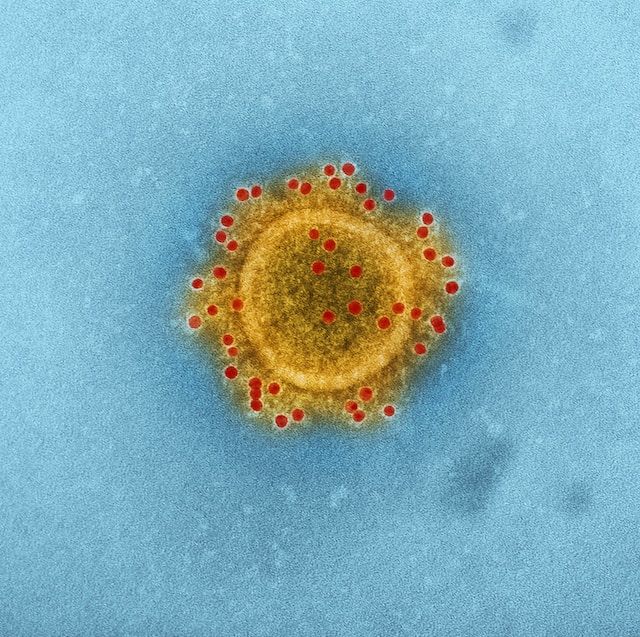April 7, 2023, marked the 75th anniversary of the Constitution of the World Health Organization. Under the umbrella of the United Nations, the 194 member states and partners have a collective goal to improve health for all.
Dr. Tedros Adhanom Ghebreyesus, Director-General WHO, addressed a press conference on April 6, 2023, saying that the organization continues to strive for the “highest possible standard of health for all people”.
Although incredible improvements in health worldwide have taken place, disparities still exist in many parts of the world. Significant milestones that have been achieved include the eradication of devastating diseases like smallpox and 99% of polio.
In many ways WHO has not changed over the past seven decades. The role and scope of work continue to be universal health care, prevention and protection from disease and the management of health emergencies.
Some of the work WHO is leading may interest you
- COVID-19
- Pandemic Accord
- Health Worker investments
- Film Festival
COVID -19

The declaration by the WHO of a global pandemic on March 20, 2020, is the most significant public healthcare crisis in a century. This was the time when most people became more aware of WHO.
The status of pandemic remains in place today, with the hope that 2023 will be the year when that status change. SARS-CoV-2, in all of its genetic variations, is the virus that continues to cause COVID-19 the disease.
At this point, there is no concrete answer as to the origin and source of the pandemic, although a variety of possibilities exist.
Some have questioned whether WHO has stopped searching for the origin of COVID-19 since we are three years into the pandemic. Dr. Van Kerkhove, Technical Lead for Covid-19 has said that until any of the hypotheses can be ruled out, all hypotheses must remain on the table.
One of the founding principles of the Constitution is that knowledge and progress made by one is of value to all. According to WHO the free sharing of information and data has not been happening.
Although testing in China may have been conducted at the beginning of the outbreak of COVID-19, that data has not been shared with WHO.
Without data to be analyzed from China that hypothesis cannot be ruled out and Dr. Van Kerkhove called for the immediate sharing of all information from all countries. Managing pandemics in the future will only be possible if we learn from mistakes that were made during this pandemic.
To date, there have been nearly 7 million reported deaths and 762,201,169 confirmed cases worldwide. When I contracted the illness in April 2022 official testing was not being done for anyone with mild to moderate symptoms. Rather the at-home kits were widely distributed and government laboratory testing was reserved for specific groups.
It is important to put WHO confirmed cases into perspective. Since reporting a home test was not required in BC, other parts of Canada and the US, there most certainly have been countless unknown cases around the world.
We will eventually come out of this pandemic, but not yet. Dr. Maria Van Kerkhove has made it clear that the pandemic is not over, and to be sure, there will be other pandemics in the future – potentially worse.
Pandemic Accord
In May 2024 a draft Pandemic Accord will be presented to the World Health Assembly for approval by WHO. This is a collaborative effort by the Intergovernmental Negotiating Body (INB) to bring forward strategies for the prevention and management of future pandemics based on what was learned from the COVID-19 pandemic response.
Health Worker Investment
At the beginning of the pandemic, healthcare workers were celebrated with a daily ‘pot banging session’ at 7 pm. As time went on healthcare workers became burnt out, and their physical and mental well-being stretched beyond limits. Many lost their lives to the very disease they were trying to protect others from.
Last week in Geneva Switzerland the Fifth Global Forum on Human Resources for Health took place. WHO is calling on healthcare leaders in all countries to increase their investment in both the preservation and education of health workers for the future.
There is an expected shortage of over 10 million health workers by 2030 across the globe. Several factors are contributing to this number; higher attrition rates with an aging population of experienced staff, burnout during the pandemic, inadequate numbers being training in the past.
When affluent countries such as Canada and US aren’t able to meet the demands within our systems, I struggle to see how low- and middle-income countries will be able to educate, train and recruit the workers needed to maintain a global standard of care.
WHO International Film Festival
In June 2023 the winner of the 4th Health for All Film Festival will be announced. Using stories through film and video to create awareness, encourage dialogue and promote understanding is a way to further our global health partnerships.
The shortlist of 90 films in six categories can be viewed on WHO Youtube. The public is invited to comment on the films using social media and the hashtag #Film4Health.

And So….
Although the pandemic has not been officially downgraded to endemic status many countries have eased public health restrictions and mandates. Whether you’re comfortable with the easing of restrictions probably has more to do with how you were affected by Covid 19 over the past 3 years than the future.
I believe that we urgently need to shift our focus toward the prevention of disease and the promotion of health and well-being. Public health measures became much more commonplace during the pandemic – things like frequent handwashing, staying home when ill, and wearing a mask for dual protection. This new way of being is welcomed by many as the ‘new normal’.
As individuals, we are responsible for making well-informed choices that benefit not only ourselves but our fellow human beings – and not only in health related matters.



